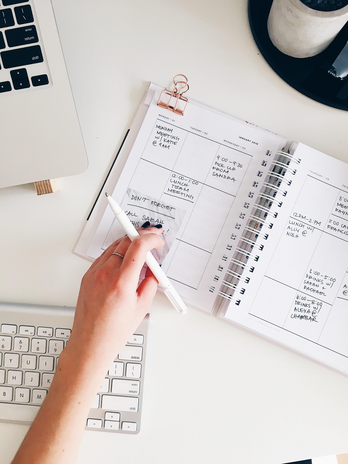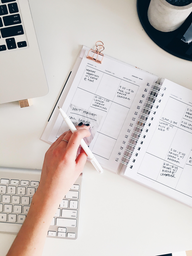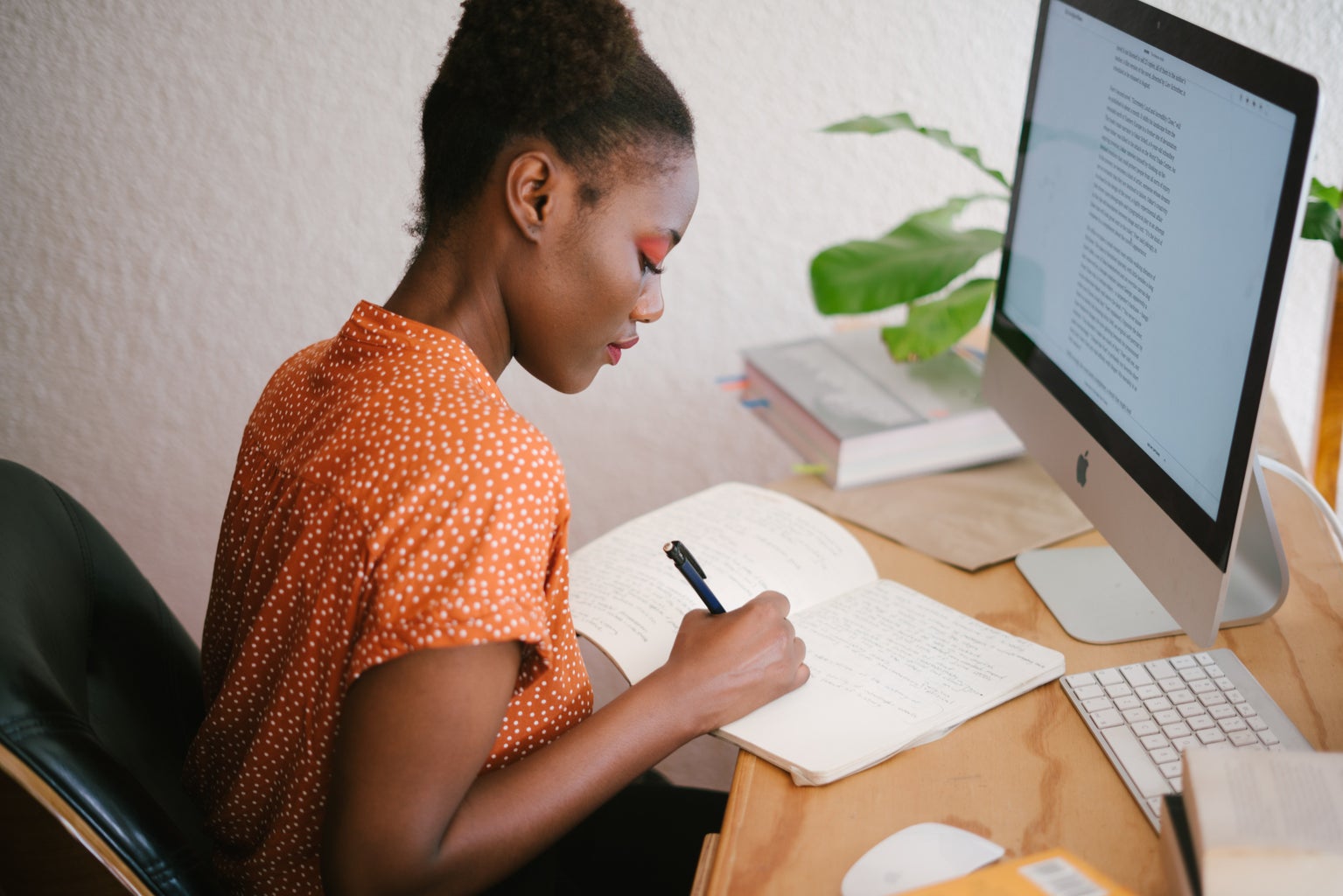If your TikTok For You page is anything like mine, videos about “manifestation” are pretty common. If you aren’t familiar, manifestation (as defined in this article from Oprah Daily) is all about “turning your dreams into a reality.” It’s a means of achieving your goals through various techniques of visualization and intention setting.
Though I’ve seen an abundance of manifestation techniques, one dubbed “lucky girl syndrome” has taken social media by storm. After seeing that #luckygirlsyndrome currently has 136 million views on TikTok, I was immediately intrigued. The term was coined by user @lauragalebe. In her original video on the topic, she talks about how she has always told people how lucky she is. She describes having constantly received unexpected and amazing opportunities. She also notes that she does not see this as “toxic positivity” as she genuinely believes what she says.
What Is Lucky Girl Syndrome?
In short, lucky girl syndrome is believing that you are incredibly lucky. The “lucky girl” believes that things work out well for her and that she already has everything in life that she needs to succeed. The logic in this is that by adopting a positive mindset, you open yourself up to receiving more positive outcomes. Tons of TikTok users, such as @skzzolno in this video, describe the life-changing effects of adopting this way of thinking.
My Take On Lucky Girl Syndrome
If I’m being totally honest, this all sounded kind of like a hoax to me at first. It felt as if I was being urged to be delusional. As long as I want good things to happen, everything will just work out? It can’t be.
The more I read about lucky girl syndrome (and manifestation as a whole), the more it made sense. I can assure you, it’s not as far-fetched as it sounds on a surface level. For me, manifesting is all a matter of mindset and where you choose to place your focus. Let me give an example. Say you go into an exam telling yourself “this class is too hard” or “I’m such a bad test-taker.” From the start, you’re setting yourself up for a negative outcome. Rather, if you assure yourself that you are fully capable, you are signaling to your brain to aim for and expect good outcomes. Of course, that’s not to say that you shouldn’t study for said exam and simply trust your luck. Rather, let this mindset give you the confidence to persevere to make your goals happen.
This TikTok by @coachrachelleindra explains the neuroscience behind lucky girl syndrome. In short, she says that a part of the brain called the reticular activating system (RAS) is responsible for sorting information that goes to the brain. Because so much information is being taken in, some of it ends up being filtered out. By sending your brain affirmations like “I’m lucky” or “I’m peaceful,” you are signaling the RAS to process positive things, or information that supports these ideas.
So, How Do I Become A “Lucky Girl”?
There are numerous methods of manifestation (such as those listed here), but above all, it’s about reminding yourself that you are lucky and capable. Affirmations, whether you think about them or write them out, can be a great way to start.
The way I see it, there’s really nothing to lose by giving lucky girl syndrome a shot. I will be giving it a try this year, and I hope you consider it, too. Get your journals and affirmations ready and let’s make 2023 the year of manifesting!





